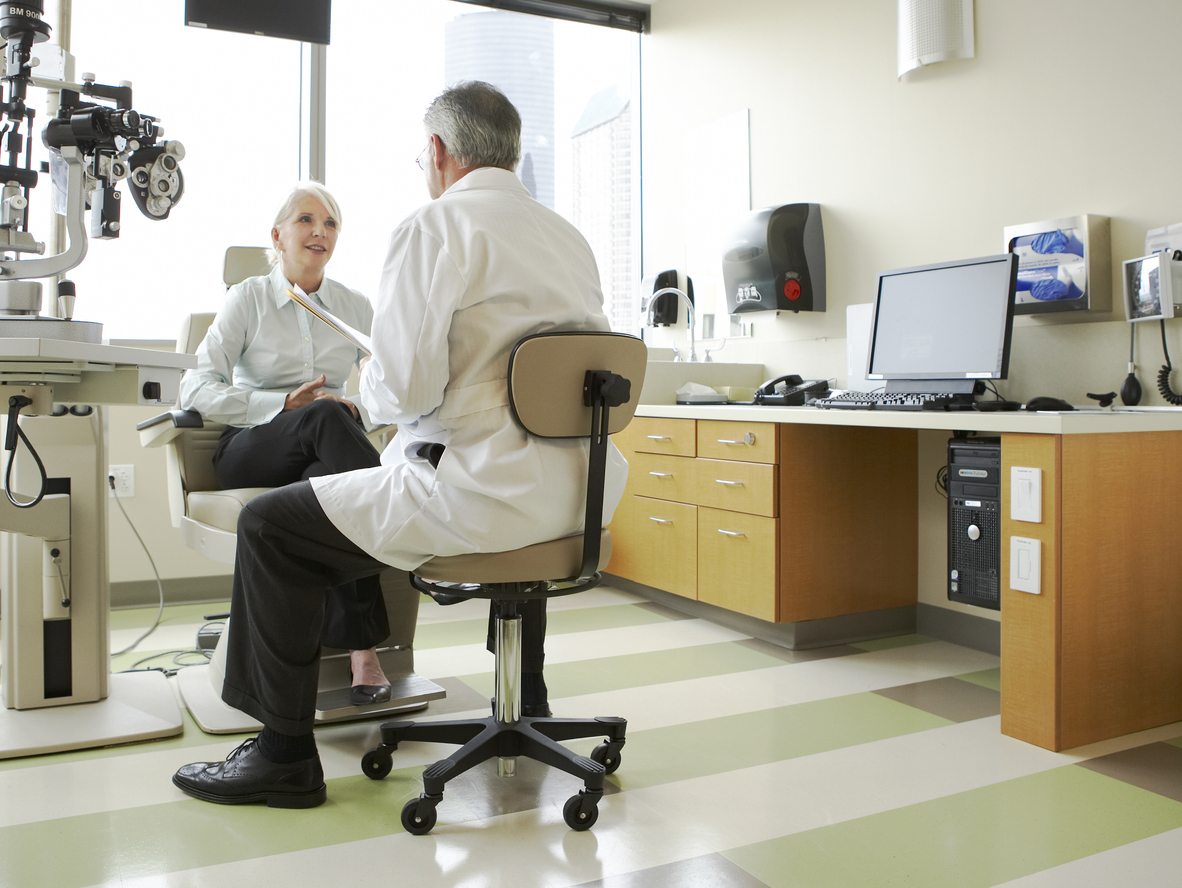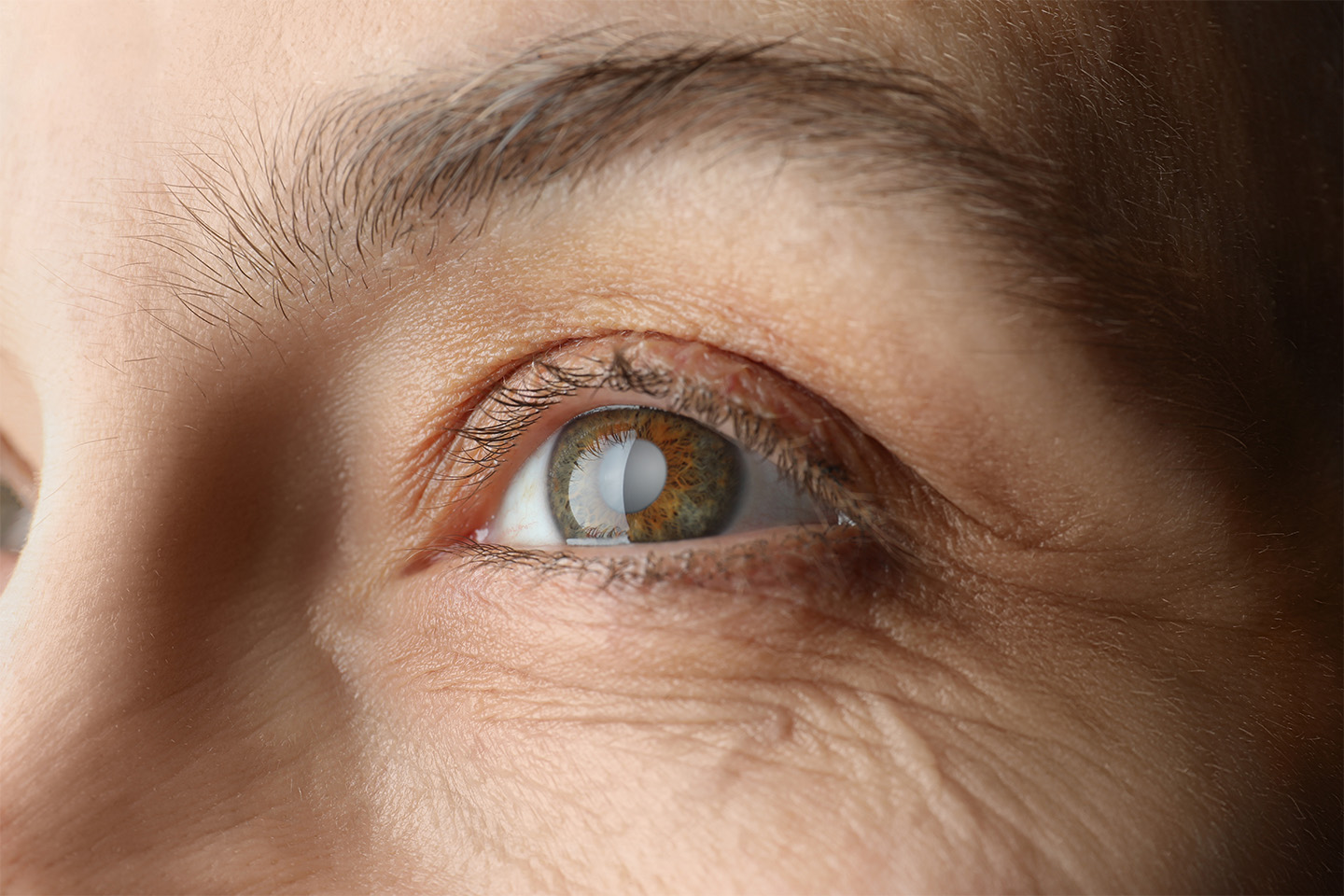7 Tips for Maintaining Eye Health as You Age

With approximately 10,000 Baby Boomers turning 65 every day, a growing cohort of older Americans needs to start considering how to best take care of themselves as they age. From supporting strong bones to promoting heart health, there’s a lot to consider as you work hard to enjoy a long, healthy retirement.
Among these concerns, it’s important to remember eye health. More than half of Americans will experience cataracts by the time they’re 75, so it’s clear that our eyes share in the burden of getting older. While the deterioration of your vision may not be fatal, it can have a direct impact on your quality of life, and that means that it’s important to understand what steps you can take to maintain eye health as you age.
Between lifestyle changes and medical due diligence, you can help protect your vision throughout your retirement. If you’re considering what you can do to keep your eyes healthy, consider the following seven tips.
-
Eat Right
A healthy diet can give your eyes the building blocks they need to stay strong as you age. By eating foods rich in vitamins, antioxidants, and omega-3 fatty acids, you’ll be providing your body with nutrients that are essential for healthy vision. Opt for leafy greens, salmon, and other ingredients as you build out your list of vision-friendly recipes. And, at the same time, cut down on junk food to maintain overall health.
-
Stop Smoking
Lifelong habits can be hard to kick, but cutting back on harmful ones can keep your eyesight healthy in the long run. Smoking reduces the flow of nutrient-rich blood to the eyes and introduces toxins that your eyes may otherwise absorb, such as nicotine. Smokers have an increased risk of most major eye diseases, including age-related macular degeneration, uveitis, cataracts, and dry eye. By quitting smoking, you’ll be doing your vision a huge favor.
-
Wear Sunglasses
Reaching retirement might mean more time on vacation and in the sun, but that light can do real damage to your eyes if you don’t protect them. In fact, UV rays directly contribute to cataracts and can accelerate degeneration in the eye. This means that you should always wear sunglasses when you go outside — ideally those that have 100% UVA and UVB protection.
-
Give Your Eyes a Rest
Overworking your eyes can have long-term, adverse health effects, especially as you age and especially if you spend a large part of the day staring at a computer, tablet, or smartphone screens. To protect your eyes from strain, it’s a good idea to follow the 20-20-20 rule. That is, every 20 minutes, look at something 20 feet away for 20 seconds.
-
Sleep and Exercise Plenty
Small lifestyle changes can go a long way toward healthier eyes. If you find yourself staying up too late or getting up too early, trying making some adjustments so you can get a full night’s sleep. Similarly, trying getting regular exercise into your weekly routine. By getting the blood pumping, you’ll be boosting circulation, which is great for your eyes.
-
Trust Your Instincts
While you may have dismissed temporary issues with your vision when you were younger, it’s better to be proactive as you age. If you see flashes, experience cloudiness in your vision, or are troubled by eye pain, you should reach out to your doctor and discuss your symptoms. If something’s wrong, you can be ahead of the curve, and if nothing’s wrong, all the better.
-
Schedule Regular Eye Exams
As you get older, you should schedule eye exams on a regular basis. Doing so will help both you and your eye care specialist determine what the baseline is for your eyesight. This helps you know when something might amiss and it helps your doctor track any new and worrying developments.
If you’re looking to get an eye exam on the books with trained and trusted specialists, schedule an appointment with ICON Eyecare. Our team can connect with you about any concerns with aging eyes and help you make lifestyle changes that fit your needs.
[DISPLAY_ULTIMATE_SOCIAL_ICONS]








